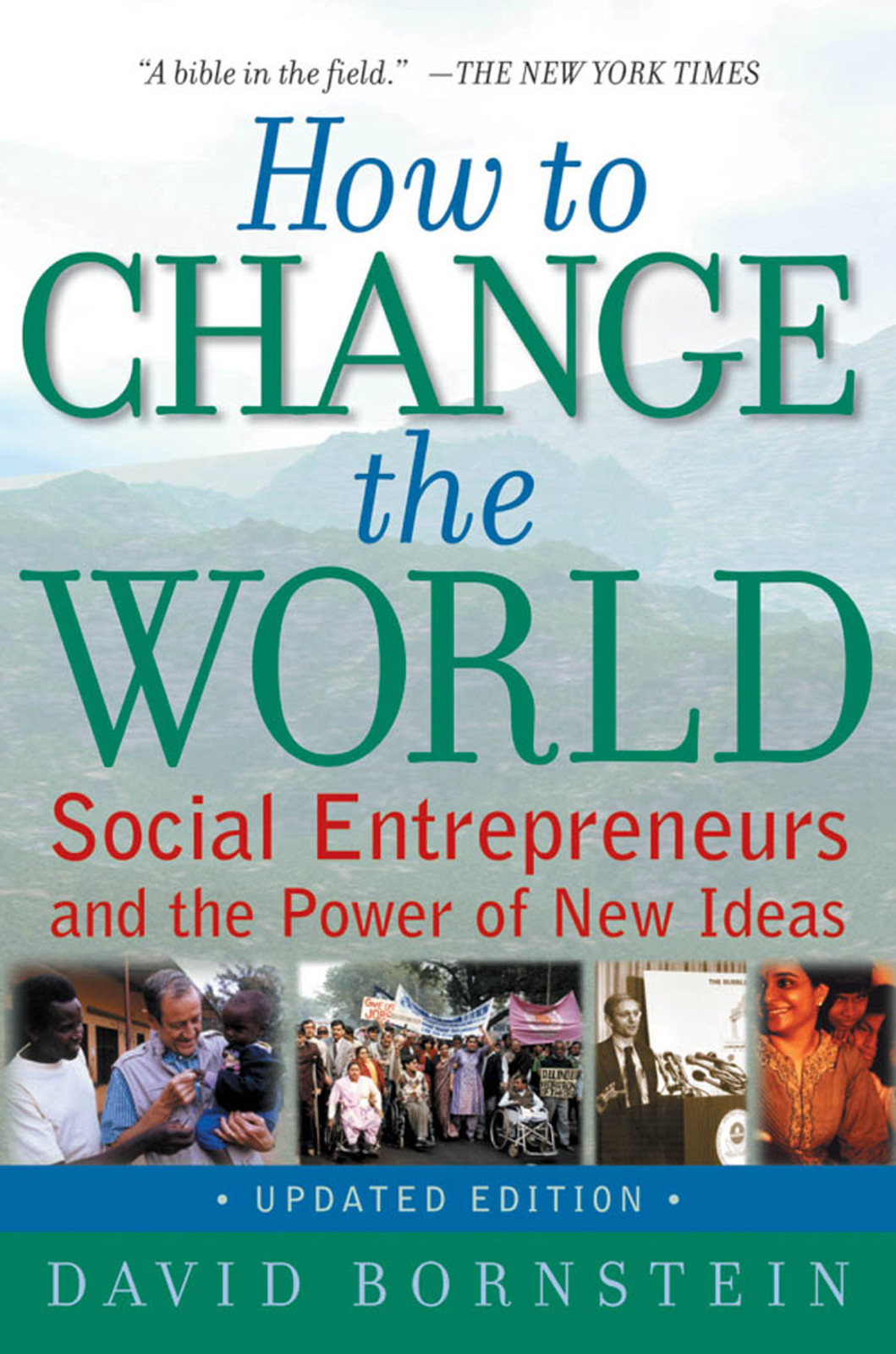

Most ebook files are in PDF format, so you can easily read them using various software such as Foxit Reader or directly on the Google Chrome browser.
Some ebook files are released by publishers in other formats such as .awz, .mobi, .epub, .fb2, etc. You may need to install specific software to read these formats on mobile/PC, such as Calibre.
Please read the tutorial at this link: https://ebookbell.com/faq
We offer FREE conversion to the popular formats you request; however, this may take some time. Therefore, right after payment, please email us, and we will try to provide the service as quickly as possible.
For some exceptional file formats or broken links (if any), please refrain from opening any disputes. Instead, email us first, and we will try to assist within a maximum of 6 hours.
EbookBell Team

0.0
0 reviewsBook Description
Published in over twenty countries, How to Change the World has become the Bible for social entrepreneurship. It profiles men and women from around the world who have found innovative solutions to a wide variety of social and economic problems. Whether they work to deliver solar energy to Brazilian villagers, or improve access to college in the United States, social entrepreneurs offer pioneering solutions that change lives.
Discover surprising facts about social entrepreneurs from author David Bornstein
According to a recent Harris Poll, a whopping 97% of Generation Y are looking for work that allows them "to have an impact on the world."
In recent years, courses or centers in social entrepreneurship have been created in over 250 universities and colleges such as Harvard Business School, Yale School of Management, Duke, NYU's Stern & Wagner, Wharton, Oxford, and Stanford.
Teach for America received 25,000 applications for 3,700 slots in 2008, an increase of more than a third over 2007. In Ivy League schools such as Yale, Cornell, and Dartmouth, close to 10% of all graduates applied to the program.
In the past two years, the Acumen Fund, an organization that supports social entrepreneurs who solve major problems through business solutions (eg. malaria nets, water purification, loans for housing), received more than 1,000 applications from top ranked business students for just 15 fellowship positions.
The list of top business entrepreneurs who are focusing either full time or a considerable amount of time on social entrepreneurship is highly impressive:
The Grameen Bank, the leading example for social entrepreneurs worldwide, received the Nobel Peace Prize in 2006.
The Bridgespan Group, a consulting group that advises social entrepreneurs, received 1,800 applications for 18 job openings in 2006.
Journalist Bornstein (The Price of a Dream: The Story of the Grameen Bank) profiles nine indomitable champions of social change who developed innovative ways to address needs they saw around them in places as distinct as Bombay, India; Rio de Janeiro, Brazil; and inner-city Washington, D.C. As these nine grew influential when their ingenious ideas proved ever more widely successful, they came to the attention of Ashoka, an organization that sponsors a fellows program to foster social innovation by finding so-called social entrepreneurs to support. As Bornstein interviewed these and many other Ashoka fellows, he saw patterns in the ways they fought to solve their specifically local problems. To demonstrate the commonality among experiences as diverse as a Hungarian mother striving to provide a fuller life for her handicapped son and a South African nurse starting a home-care system for AIDS patients, he presents useful unifying summaries of "four practices of innovative organizations" and "six qualities of successful social entrepreneurs." Bornstein implies that his subjects are in the tradition of Florence Nightingale and Gandhi; the inspiring portraits that emerge from his in-depth reporting on the environments in which individual programs evolved (whether in politically teeming India or amid the expansive grasslands of Brazil) certainly show these unstoppable entrepreneurs as extraordinarily savvy community development experts. In adding up the vast number of current nongovernmental organizations and their corps of agents of positive change, Bornstein aims to persuade that, "without a doubt, the past twenty years has produced more social entrepreneurs than terrorists.".
Copyright © Reed Business Information, a division of Reed Elsevier Inc. All rights reserved.